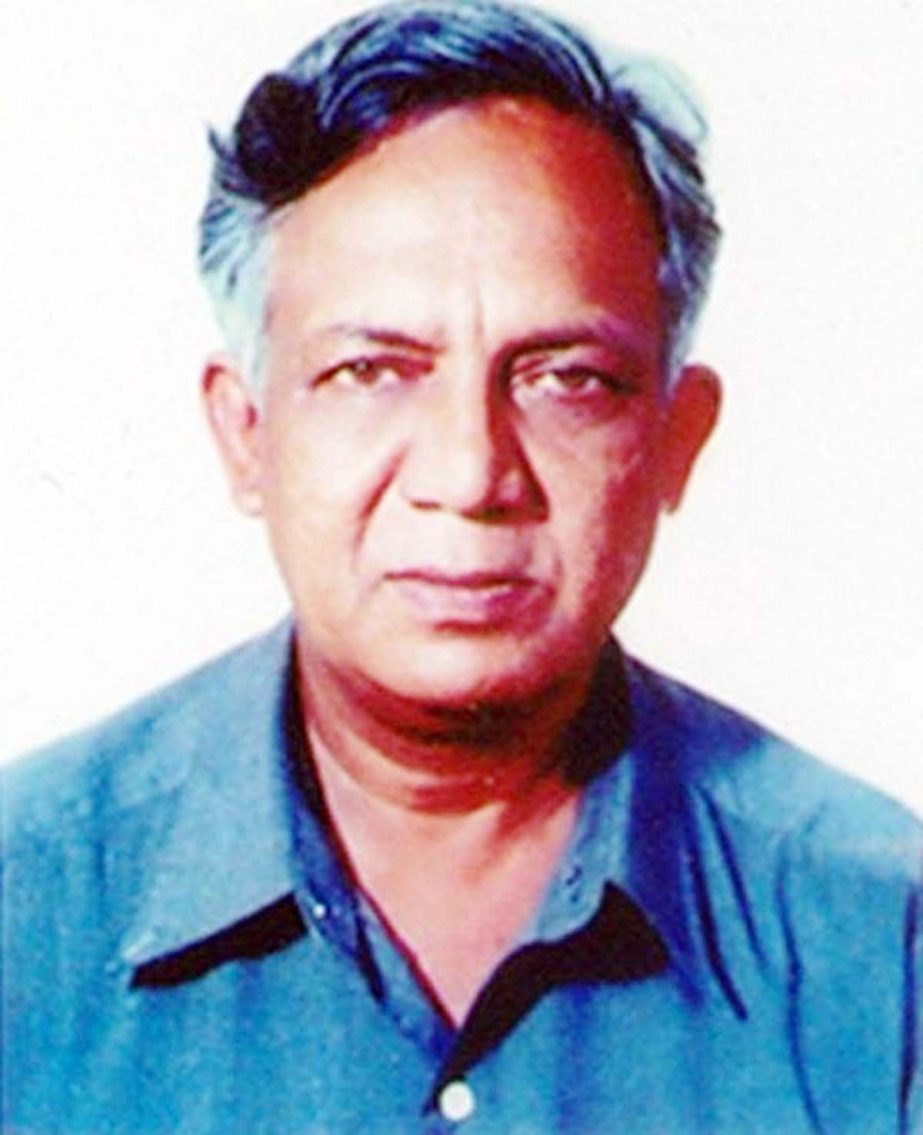
Jehangir Hussain :
Part -3
The 2003 amendment also empowers local officials to decide whether or not to include persons’ names in the NRC, in other words the rules amended in 2003 empowers local officials to decide the citizenship status of Assamese people. The Citizenship (amendment) Act 2003 or Act 6 of 2004 added the following clauses to the Citizenship Act 1955.
14 A.: Issue of national identity cards.
(l) The Central Government may compulsorily register every citizen of India and issue national identity card to him.
(2) The Central Government may maintain a National Register of Indian Citizens and for that purpose establish a National Registration Authority.
(3) On and from the date of commencement of the Citizenship (Amendment) Act, 2003, the Registrar General, India, appointed under subsection (1) of section 3 of the Registration of Births and Deaths Act, 1969 (18 of 1969) shall act as the National Registration Authority and he shall function as the Registrar General of Citizen Registration.
(4) The Central Government may appoint such other officers and staff as may be required to assist the Registrar General of Citizen Registration in discharging his functions and responsibilities.
(5) The procedure to be followed in compulsory registration of the citizens of India shall be such as may be prescribed.
The Citizenship (Registration of Citizens and Issue of National Identity Cards) Rules 2003, formulated under the Act also requires:
4. Preparation of the National Register of Indian Citizens.
(1) The Central Government shall, for the purpose of National Register of Indian Citizens, cause to carry throughout the country a house-to-house enumeration for collection of specified particulars relating to each family and individual, residing in a local area including the Citizenship status.
(2) The Registrar General of Citizen Registration shall notify the period and duration of the enumeration in the Official Gazette.
(3) For the purposes of preparation and inclusion in the Local Register of Indian Citizens, the particulars collected of every family and individual in the Population Register shall be verified and scrutinized by the Local Registrar, who may be assisted by one or more persons as specified by the Registrar General of Citizen Registration.
(4) During the verification process, particulars of such individuals, whose Citizenship is doubtful, shall be entered by the Local Registrar with appropriate remark in the Population Register for further enquiry and in case of doubtful Citizenship, the individual or the family shall be informed in a specified proforma immediately after the verification process is over.
(5) (a) Every person or family specified in sub-rule (4), shall be given an opportunity of being heard by the Sub-district or Taluk Registrar of Citizen Registration, before a final decision is taken to include or to exclude their particulars in the National Register of Indian Citizens.
(5) (b) The Sub-district or Taluk Registrar shall finalize his findings within a period of ninety days of the entry being made, or within such reasonable extended time for which he shall record the reasons in writing.
The Indian Ministry of Home Affairs stated in December 2018, ‘The Citizenship Act of 1955 provides for compulsory registration of every citizen of India and issuance of National Identity Card to him.
The Citizenship Rules of 2003, framed under the Citizenship Act of 1955, prescribes the manner of preparation of the National Register of Citizens. There is a special provision under the Rules to prepare the National Register of Citizens (NRC) in Assam which is application-based and distinct from the rest of India where the process is enumeration-based.’
Former Indian minister of state for home affairs Kiren Rijiju defined the National Population Register (NPR) as ‘a list of all the people residing in India, including the citizens and the non-citizens. The definition released on November 26, 2014 by the Indian Ministry of Home Affairs states, ‘the NPR is the first step towards creation of National Register of Indian Citizens (NRIC) by verifying the citizenship status of every usual residents.’
Residents of a locality living there for at least six months with plans to continue their residence for another six months or more are included into the list of NPR. It is prepared as per the provisions of the Citizenship Act 1955, and the Citizenship (Registration of Citizens and Issue of National Identity Cards) Rules 2003 (passed by the BJP-led government of prime minister Atal Behari Vajpayee.
Since 2014, the government of India stated in Parliament several times that the National Register of Indian Citizens (NRIC) or NRC is based on the data collected under the NPR, after the verification of the citizenship status of every individual. The listing is done at the village, town, sub-division, district, state and national levels.
In 2010, the NPR was created for the first time with the names of 119 crore residents of India. This data further was updated in 2015 by linking them with biometric information from the Aadhaar database. The NPR was planned to include the place of birth of the parents, last place of residence and the serial number for official documents.
‘A BJP government will pick up infiltrators one by one and throw them into the Bay of Bengal,’ declared the then BJP president Amit Shah in April 2019. On 24 December 2019, the government of India approved Rupees 3,941 crore, equivalent to $550 million, for updating the NPR, as a first step in implementing the NRC.

(Jehangir Hussain is a senior journalist. Email: [email protected]).
-Concluded.

